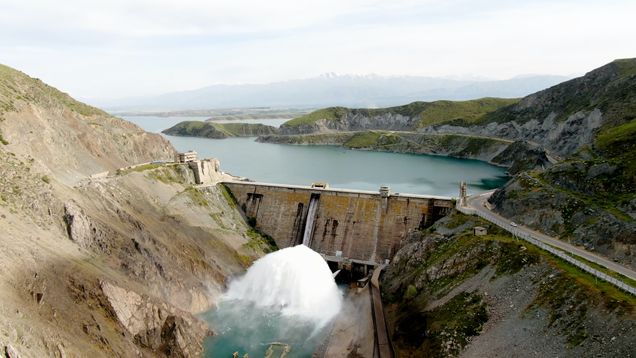Empirical Analysis of Chinese Overseas Power Plant Investments: Likelihood of Suspensions and Associated Environmental Risks

In recent years, China has emerged as one of the world’s largest financiers in the global energy sector, and Chinese-financed overseas power projects have received considerable attention both for their large scale and contribution to energy accessibility, particularly in developing countries. However, from 2014-2020, about $65 billion of Chinese-backed coal-fired power plants were shelved or canceled, and many more projects were significantly delayed. Among the risk factors that led to the project suspension, environmental concerns regarding Chinese overseas energy investment have been mostly discussed, ranging from carbon emissions to pollution and biodiversity loss. How do environmental risks affect the implementation of energy investments across energy sources?
In a new journal article published in iScience, Yangsiyu Lu, Xiao Yan Zhou and Blake Alexander Simmons examine 1,393 Chinese overseas electric power projects across 78 countries over the past two decades to address the empirical gap on whether and how environmental risks can affect energy project outcomes. The authors provide novel evidence of the interaction between environmental risks and energy project outcomes from China’s overseas power plant investments.
Main findings:
- Tracing back project status to the investment year, the authors identify 75 units, roughly 5 percentage of the sample, that have been suspended at some point.
- Coal and hydropower projects have the highest risk of cancellation and delay, and both technologies can impose significant impacts on the environment.
- Suspended coal power projects tend to be located in more densely populated communities, and in areas with more climate-related fatalities and a greater presence of recent environmental protests, than non-suspended projects.
- The distance to protected areas is significantly associated with the fate of hydropower projects, with suspension risk decreasing the further a hydropower project is from protected areas.
The results suggest that investing in environmentally risky projects is not only potentially detrimental on environmental grounds, but also on financial grounds. Environmental risks embedded in coal and hydro projects are likely to translate into cancellation or postponement, resulting in financial losses in a much shorter timescale. The authors recommend that investors avoid investing in coal and hydropower plants that are prone to environmental risks when applying a diversification strategy in order to minimize the risk of loss.
Read the Journal Article